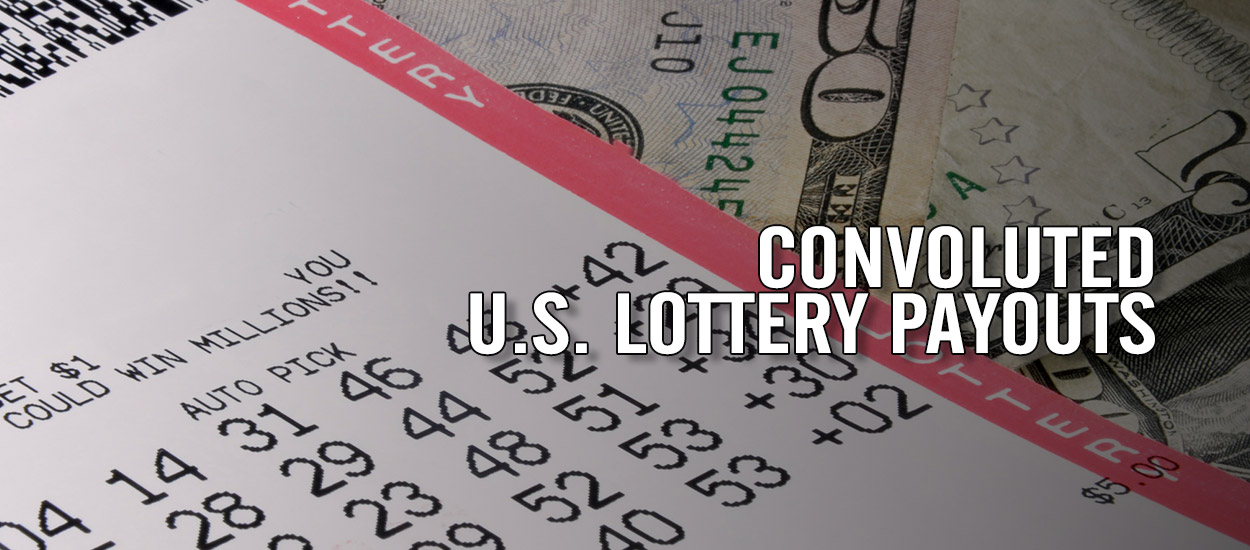RI’s new sports betting program is underperforming by 90% and top experts with the leading gaming group say Rhode Island’s projections were fundamentally flawed from the onset. Now, the impact is leaving a massive hole in both this and next year's budget -- as much as $40 million combined.
According to top staff at the American Gaming Association (AGA), the projections used by Governor Gina Raimondo’s administration were fundamentally flawed and that Rhode Island misunderstood and used incorrect data from a study.
The AGA says, “We prove the value of the gaming industry through compelling research that supports best-in-class communications tools to inform policymakers and regulators. In addition, we elevate responsible gaming as a signature industry priority."
"Our research presented several possible combinations of tax rates and sports betting availability. Under the scenario closest to what Rhode Island implemented, we estimated that Rhode Island would generate $6.4 million in sports betting gaming tax revenue, $17.1 million less than the state projected," said AGA's Caroline Ponseti, the director, media relations in a statement to GoLocal.
"Further, our estimate is based on a fully stabilized market (not the first four months of operation), a tax rate of 15% (Rhode Island’s is about 50%) and a legal framework that does not include any 'unusual restrictions' (like Rhode Island’s prohibition on in-state college sports bets). All of these factors point to expected 2019 sports betting tax revenue of well below even our modest and reasonable projections," added Ponseti.
Sara Slane of the AGA says estimates were based on a mature market
In a conference call with Sara Slane, senior vice president of public affairs of the AGA, and top researcher for the group David Foreman, the two told GoLocal that the numbers used by the state were based on a fully mature market and not a startup initiative.
“A mature market is 3 to 5 years,” said Foreman.
The report commissioned by the AGA, by Oxford Economics, states that it "primarily modeled the state estimates based on Oxford’s estimates of adult population in 2021,” rather than 2018 which Rhode Island officials used.
When asked why the American Gaming Association did not correct the Rhode Island assumptions, the group said it does not lobby.
Slane could not answer why IGT and Twin River had not identified the flaws in the Rhode Island assumptions. "I do not know," said Slane.
In addition, Slane said other factors adversely impacting Rhode Island’s program is that it launched without a mobile component and that bettors cannot wager on local teams — teams like Providence College basketball and the University of Rhode Island football team.
Slane could not identify how much that prohibition diminishes participation or wagering.
RI Says It Depended on Industry
Rhode Island officials consistently assert that they depended on the Oxford's data provided by the AGA.
“OMB [Office of Management and Budget] got to its estimate: the revenue estimate ($23.5M) is based on assumptions from an Oxford Economics report commissioned by the American Gaming Association,” said Paul Grimaldi of the Rhode Island Department of Revenue in an email to GoLocal.
Grimaldi told GoLocal in an email, “OMB used the study’s “limited availability” scenario with betting only at current casinos. Other assumptions that went into the revenue estimate:
• Study estimated annual RI sports betting handle (total bets) between $654.6 and $972.5 million; used midpoint ($818.6 million) to generate estimate
• Assumed hold (% left after winnings) of 5.5%
• Data from Nevada indicates that 86% of betting occurs between October and June; used this to pro-rate an October 1 start date
• Assumed similar state share as video lottery terminals (VLTs)”
GoLocalProv had unveiled in September of 2018 that the new sports betting — which was budgeted to generate $23.5 million in the first year — was flawed and would dramatically underperform estimates.
This article is a reprint from GoLocalProv.com. To view the original story and comment, click here.







































